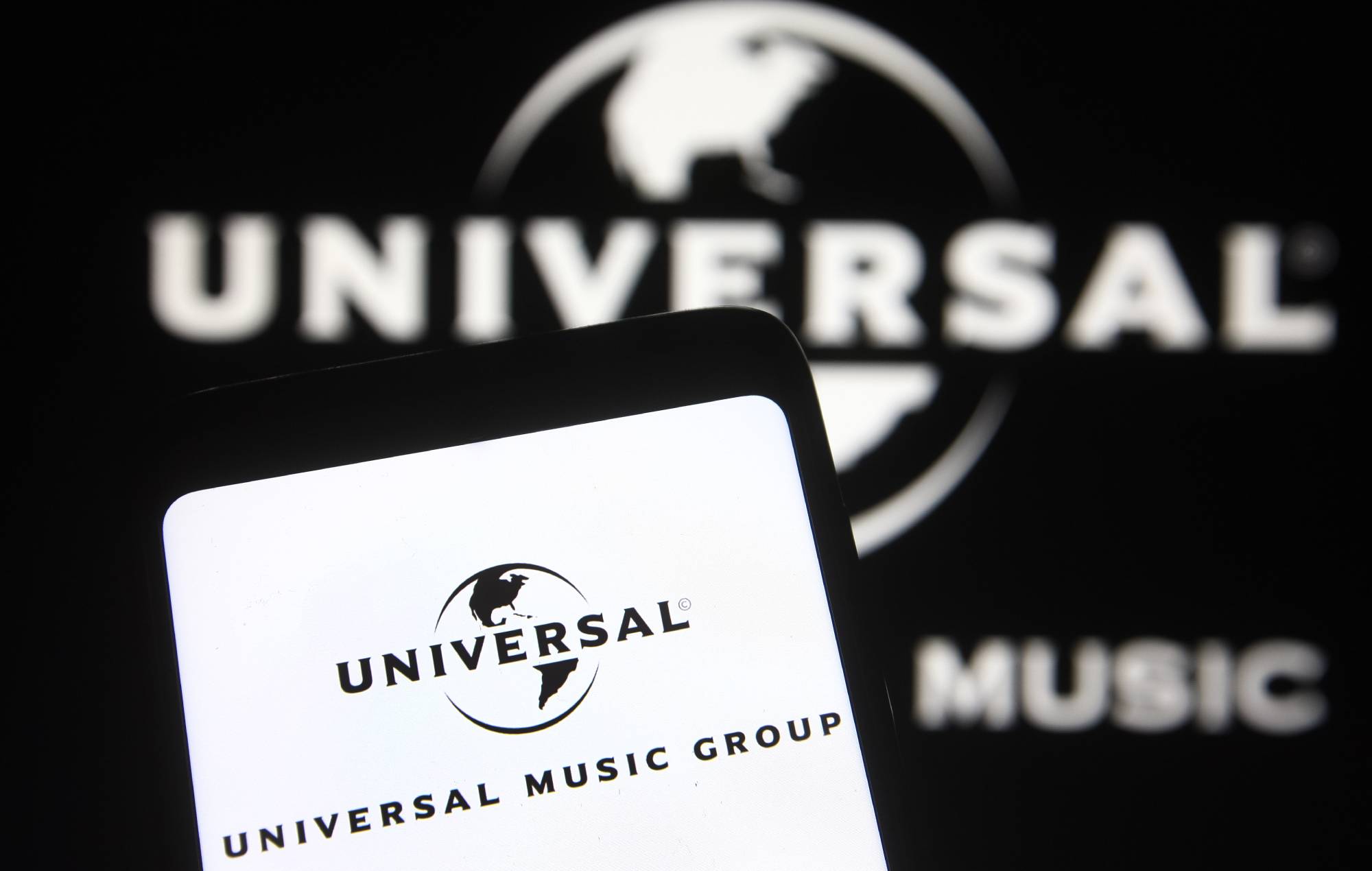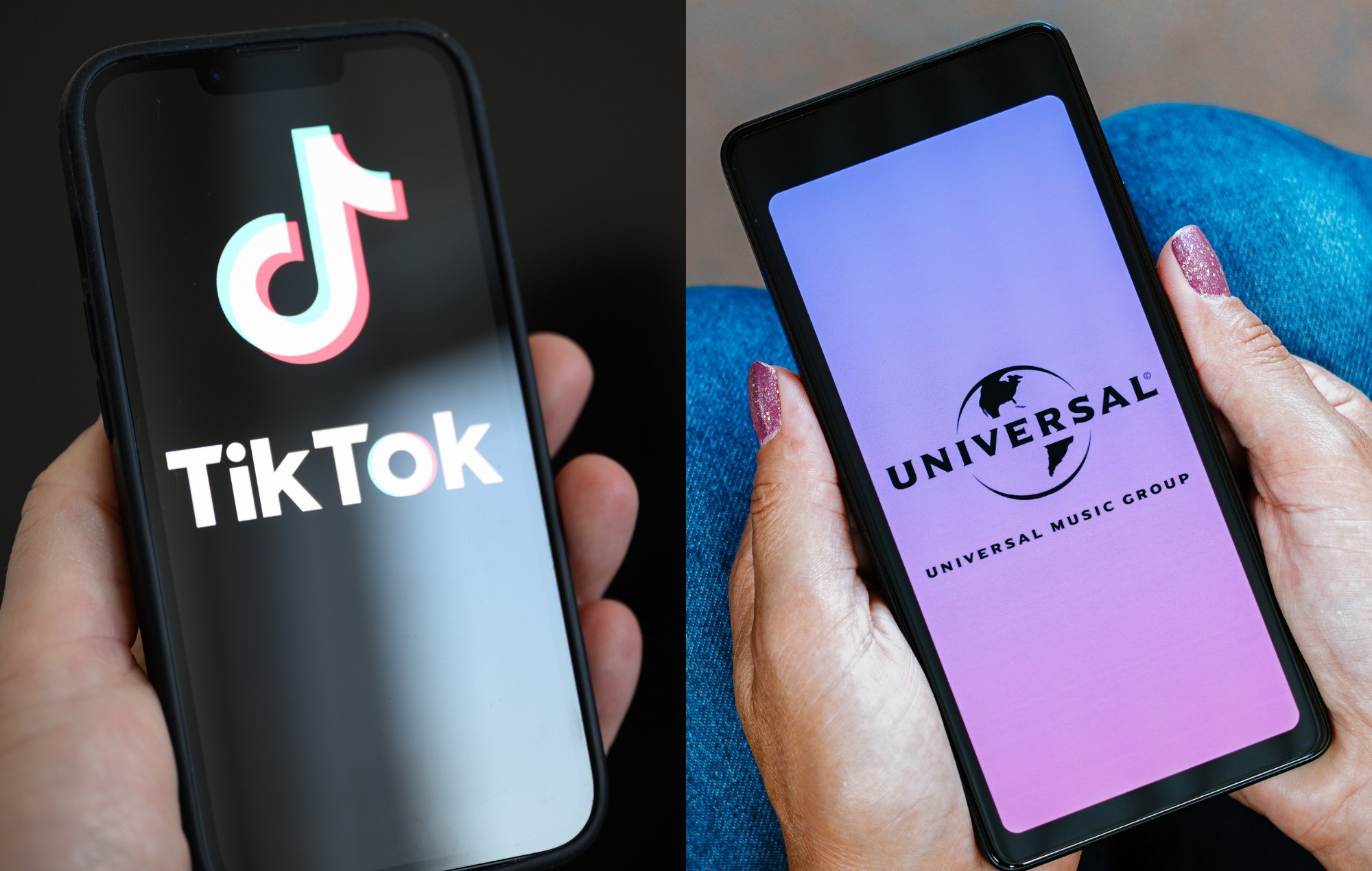
Universal Music Group (UMG), ABKCO Music & Records and Concord Music Group have sued Believe and TuneCore, claiming they shared sped-up songs to evade copyright.
- READ MORE: Sped up songs: why are we so captivated by quick TikTok hits?
As reported by Music Business Worldwide, the major-label conglomerate has alleged that Believe SAS – the digital music company formerly known as Believe Music and its subsidiary TuneCore – have committed “industrial-scale copyright infringement,” and are currently seeking $500 million in damages.
Filed in federal court on Monday (November 4), the suit claimed that TuneCore has served as a hub for sped-up bootleg versions of copyrighted songs. UMG has alleged that Believe distributed “millions” of slightly altered versions of major-label tracks onto both streaming and video platforms with credit going to artists under the names “Kendirk Laamar” and “Arriana Gramde”. According to the lawsuit (as per Stereogum), allegedly little has been done by Believe to stop the spread of copyright violations, which have allowed users to evade YouTube’s content-identification system.

“As the distributor of these tracks, Believe had specific knowledge of infringement or, at minimum, was actually aware of facts indicating a high likelihood of infringement, but continued to distribute and purport to license the same tracks to other services, continuing to violate Plaintiffs’ copyrights and to divert royalties that ought to have flowed to Plaintiffs,” read the suit.
Music Business Worldwide noted that TuneCore included a terms-and-conditions clause which forces users to accept blame for any copyright violations. According to a UMG spokesperson (via Stereogum), “Believe is a company built on industrial-scale copyright infringement. Their illegal practices are not limited to cheating artists on major labels but artists on independent labels as well — including artists on the independent labels within the trade bodies of which Believe is itself a member.”
Last year NME looked into the spike in sped-up songs and why music are fans becoming captivated by quick TikTok hits. Speaking to NME, producer, performer and comedian Oliver Tree – whose nightcore track ‘Miss You’ took over the dance charts in 2022 thanks to both fan-made and official versions of the song being added to social media sites – said: “The current state of living in a digital society, with the advent of social media and online dating, is that we’re all quickly swiping to see what’s better.”
He continued: “This leaves us moving at an incredibly fast pace. Music is a mirror of humanity, so no one should be surprised that sped-up music has become popular when you look at the speed in which we’re living.”
The post Universal Music Group sue Believe and TuneCore for $500million for sharing sped-up songs to evade copyright appeared first on NME.
